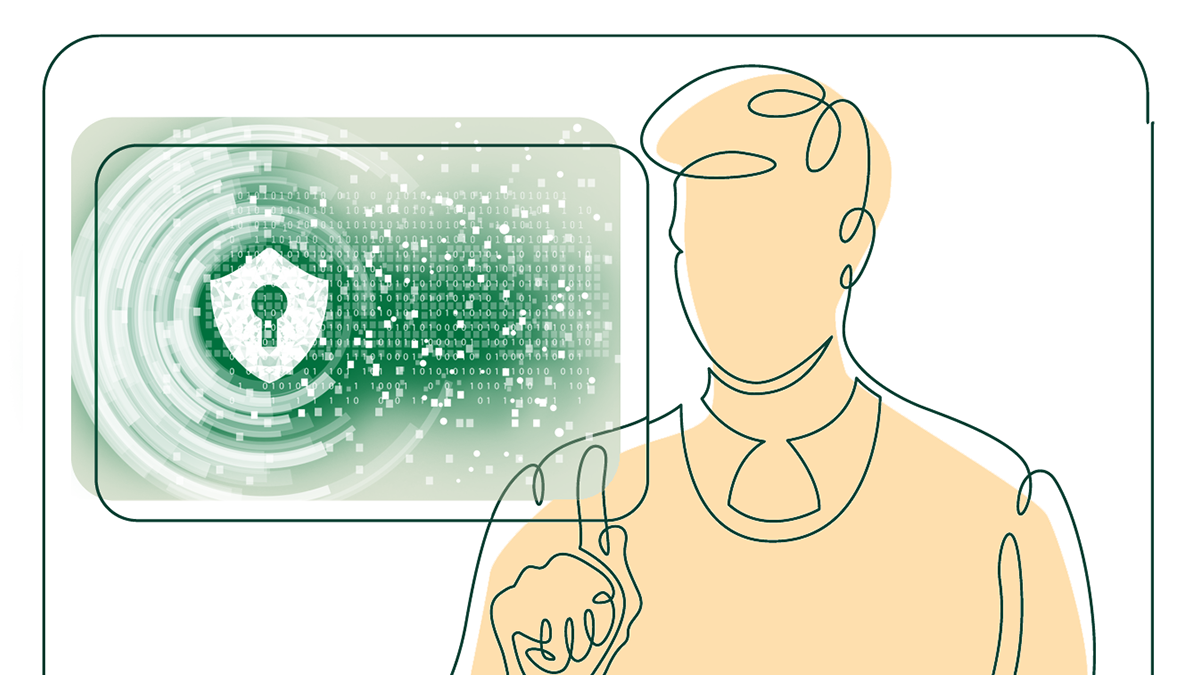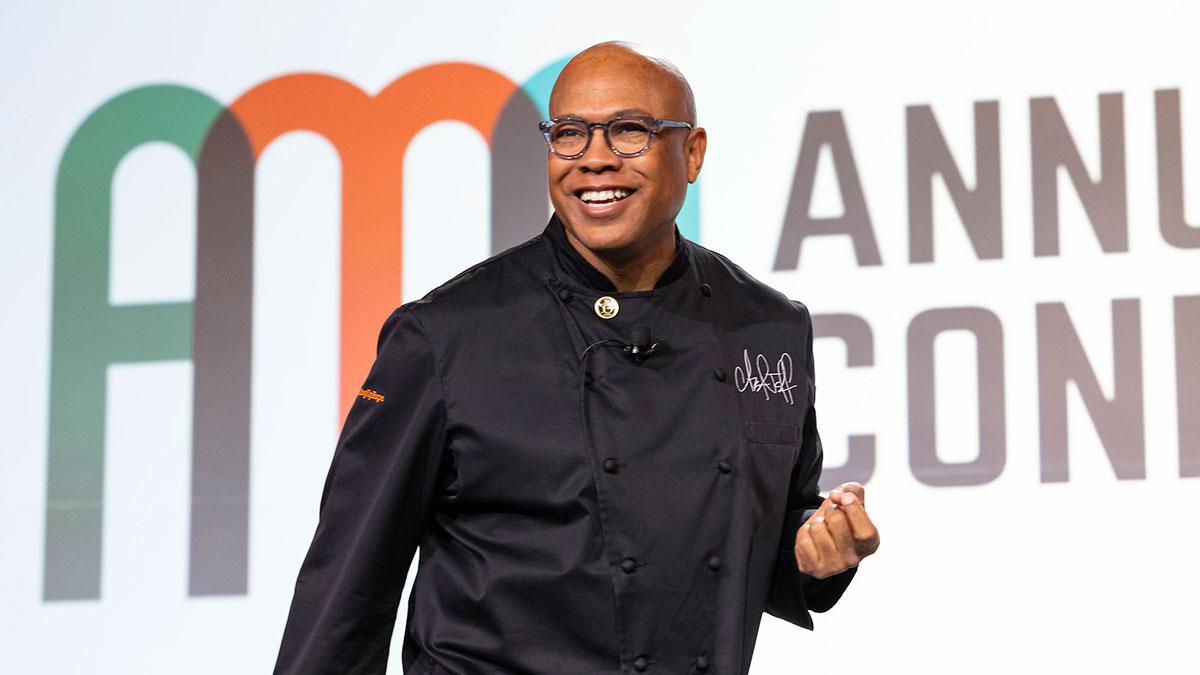By: Lucas Darnell, Director of Membership, Food Marketing Institute

This year’s Independent Operator Executive Leadership Forum, held at FMI’s Midwinter Midwinter Executive Conference, focused on digital and its potential applications and benefits for independent grocery stores. One of the highlights of these sessions was a presentation regarding blockchain and how it can help to create a digital transparent food system by Kerry Bridges, senior director, supplier food safety for Walmart.
Blockchain is a shared ledger technology that allows any participant in the business network to see the system of record. It’s important to note that blockchain and Bitcoin are not the same thing. Blockchain is the technology that allows for the cryptocurrency of Bitcoin. That being said, blockchain has applications in many different fields, including food safety, finance, government operations…the list goes on.
Most food traceability systems are centralized or distributed. Blockchain allows for a decentralized system. It ensures appropriate visibility for each secure, authenticated and verifiable transaction. By getting everyone on the same page and using the same system, food retailers and suppliers alike will be able to provide a full snapshot of traceability in seconds, rather than days.
“Today, when an outbreak or recall occurs, each participant must disclose their product’s path ‘one step forward and one step back.’ Regulatory bodies and retailers must take that data and piece it together manually to determine the source of the issue. This process can take days or weeks. Walmart and IBM conducted two proof of concept in early 2017 and demonstrated that tracing mangos from store to farm could be improved from 7 days to 2.2 seconds. Reducing traceback time will greatly benefit consumers and companies in the event of a food safety outbreak,” said Bridges.
Each participant in the supply chain would provide a block of data in the chain—including the farm, packing house, importers, processors, distributors, retailers and consumers. Having all of this information, accessible in seconds, is a tremendous benefit given the myriad reasons to have a transparent food system, and makes all of the stakeholders in the chain accountable.
For an independent operator, blockchain could offer a way to differentiate their business and supply customers with enhanced information about products. Member companies have started programs and pilot tests to figure out how a blockchain solution can make them more effective in areas such as food traceability. With insight into the entire supply chain within seconds, retailers have a greater chance at identifying and dealing with problems such as foodborne illness, traceability, food fraud, regulatory requirements, freshness and food waste.
For more information on blockchain check out our previous post Preparing Food Retailers for the Blockchain Revolution.


 Industry Topics address your specific area of expertise with resources, reports, events and more.
Industry Topics address your specific area of expertise with resources, reports, events and more.
 Our Research covers consumer behavior and retail operation benchmarks so you can make informed business decisions.
Our Research covers consumer behavior and retail operation benchmarks so you can make informed business decisions.
 Events and Education including online and in-person help you advance your food retail career.
Events and Education including online and in-person help you advance your food retail career.
 Food Safety training, resources and guidance that help you create a company food safety culture.
Food Safety training, resources and guidance that help you create a company food safety culture.
 Government Affairs work — federal and state — on the latest food industry policy, regulatory and legislative issues.
Government Affairs work — federal and state — on the latest food industry policy, regulatory and legislative issues.
 Get Involved. From industry awards to newsletters and committees, these resources help you take advantage of your membership.
Get Involved. From industry awards to newsletters and committees, these resources help you take advantage of your membership.
 Best practices, guidance documents, infographics, signage and more for the food industry on the COVID-19 pandemic.
Best practices, guidance documents, infographics, signage and more for the food industry on the COVID-19 pandemic.
